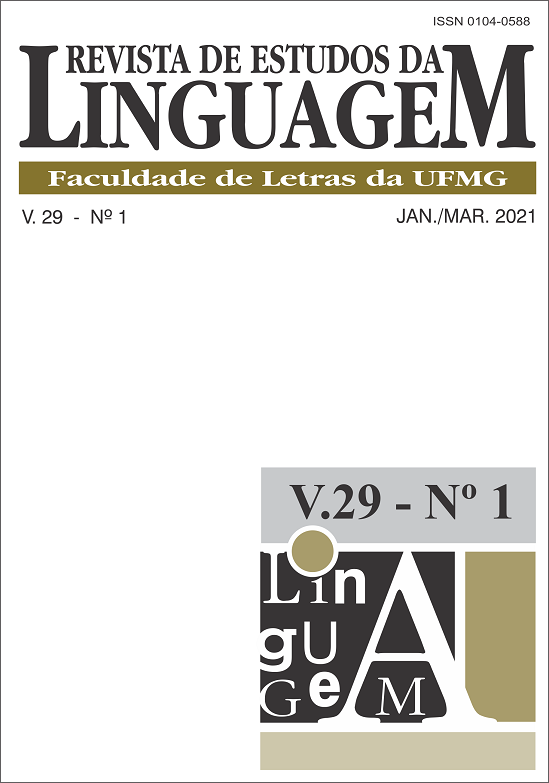Christian first names
constitution, etymology, motivation for anthroponimic choice and onomastic knowledge
DOI:
https://doi.org/10.17851/2237-2083.29.1.49-76Keywords:
onomastics, anthroponomastics, etymological significance, onomastic knowledgeAbstract
The exploratory study presented throughout this article focuses on Christian anthroponomy, that is, the set of proper names of people who have Christian etymological significance and/or are related to the history of Christianity and Christian religions. The objective is to present a preliminary investigation into the existence, the constitution and etymological characterization of repertoire of Christian names and the onomastic knowledge about them by speakers from western Paraná, specifically, of students and teachers from a undergraduate course offered by a public university in the region. The analysis of the anthroponomic repertoire of respondents first names showed that almost half of these names is names related to Christianism. This result confirms the cultural and historical importance of diachronic analysis of the first names. Other result was obtained by analysis of the information provided by bearers of these names and who attributed them to their children: they are aware of the religious meaning of the names of the repertoire and know the motivation that resulted in the choice of their names. About the relation between meaning and motivation for the choice of religious names, though, there is little convergence between meaning and motivation for the choice of religious names, considering that only one in four religious prenames was chosen by religious motivation.




 Esta obra está licenciada com uma Licença
Esta obra está licenciada com uma Licença 